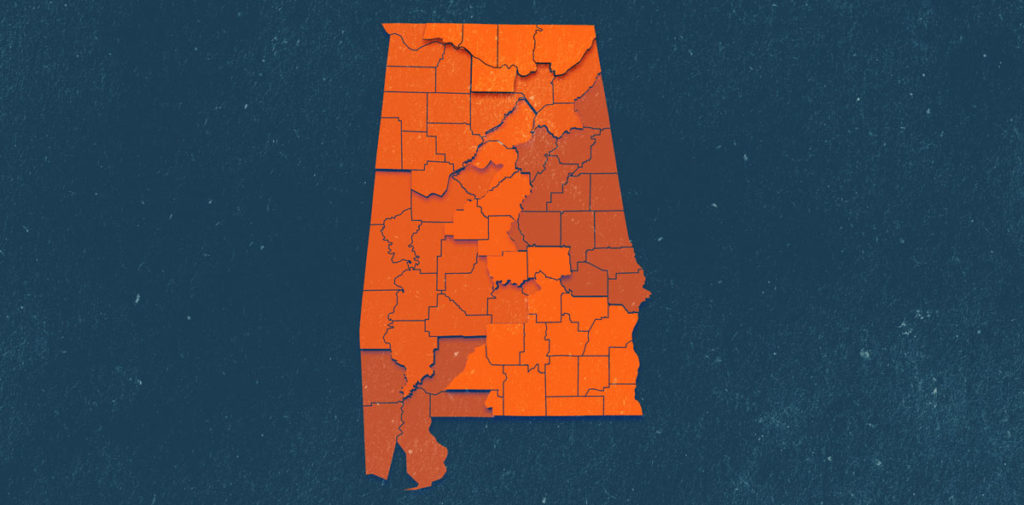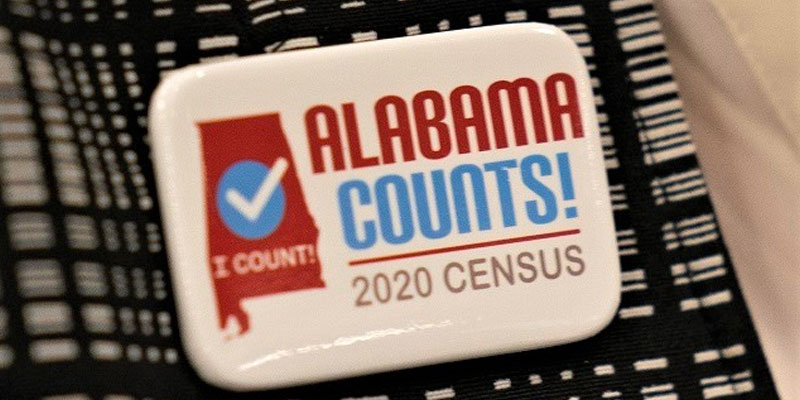One of the hallmarks of our government is that every state is fairly represented in Congress. It doesn’t matter if you are from the big city or a rural area, our Constitution ensures that every American has the opportunity to elect someone to stand up for their community’s interests in the Capitol. However, one of the key tools for measuring that representation, the Census, has faced significant hurdles this year that, if not properly addressed, could disproportionately hurt rural and traditionally conservative states like ours.
This year, our country has had to handle a pandemic on a scale unlike anything we have seen in our lifetimes, and now natural disasters are battering the coasts. With so much going on, it has been difficult for the Census to get a complete count for every state, especially rural states where some communities can be harder to reach for Census officials. Our home state of Alabama is one such example: for much of the year, we have ranked at the bottom in terms of Census response rates.
Despite all of these difficulties, though, the Census is still set to finish collecting responses in early October even though we and other rural states are still undercounted. This could pose a serious problem with long term consequences, because the results are used to determine how many seats each state receives in the House of Representatives. If a particular state or community is undercounted, then their voice is greatly diminished and their ability to influence federal policy shrinks dramatically.
The Census results are used for more than just that, though. The results of the Census also help to determine what proportion each state receives of more than $1.5 trillion in funding from the federal government. Any state that is undercounted will receive less money than they have been paying in taxes, with that money instead going to states with higher response rates. That lost money means that roads go unfixed, education programs go underfunded, and Alabamians directly impacted by hurricanes are less likely to benefit from relief funds distributed by the Federal Emergency Management Agency (FEMA).
Recent Congressional research paints a picture of just how bad things could be here in Alabama. Our state could lose nearly $40 million in federal funding every year until the next Census is held in 2030 if our state is undercounted by just one percent of its population, including millions in infrastructure, education, health care, and jobs programs funding.
Given how much a potential undercount could hurt Alabama, the answer is clear: legislators should delay the Census deadline so that we can make sure the count is as accurate as possible and we receive the representation we deserve. Other conservative leaders like Senator David Perdue (R-GA) and Senator Steve Daines (R-MT) have signed onto a bill to delay the Census deadline, and Alabama’s own senators, Richard Shelby (R) and Doug Jones (D), would be right to join them. Otherwise, our House seats and our tax dollars will both be going to liberal coastal states instead of coming back home, where they can work for us.
COVID-19 and the recent slate of natural disasters facing our nation have forced us all to adapt. The right thing to do is follow a similar course of action with the Census and delay the current deadline. That way, we can be sure it is fulfilling its Constitutional purpose of making sure everyone in our country has a voice. Otherwise, we will be paying the price – politically and financially – for the next 10 years.
State Representative David Wheeler is a Republican representing Alabama House District 47, which includes Hoover and Vestavia Hills












